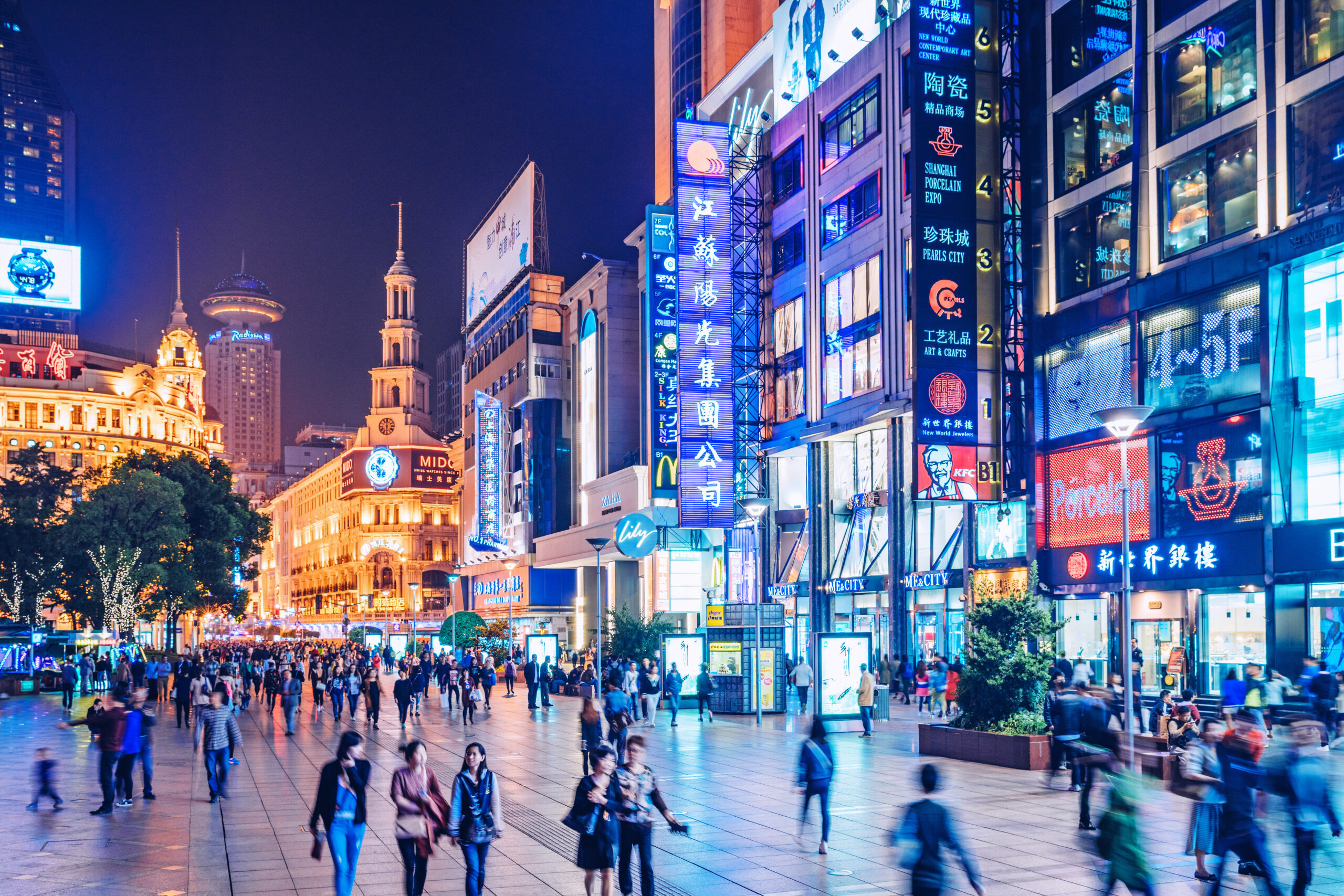

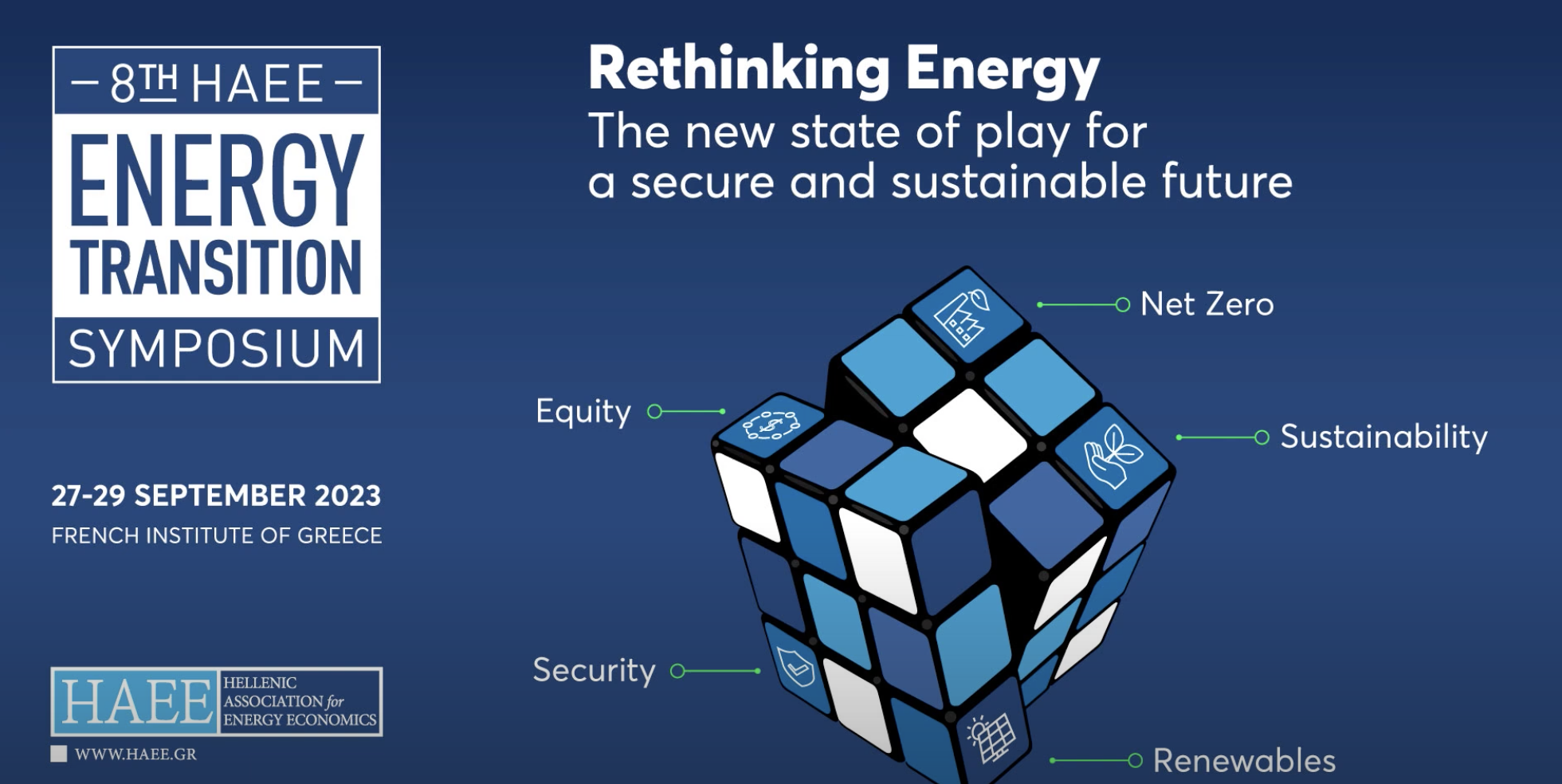
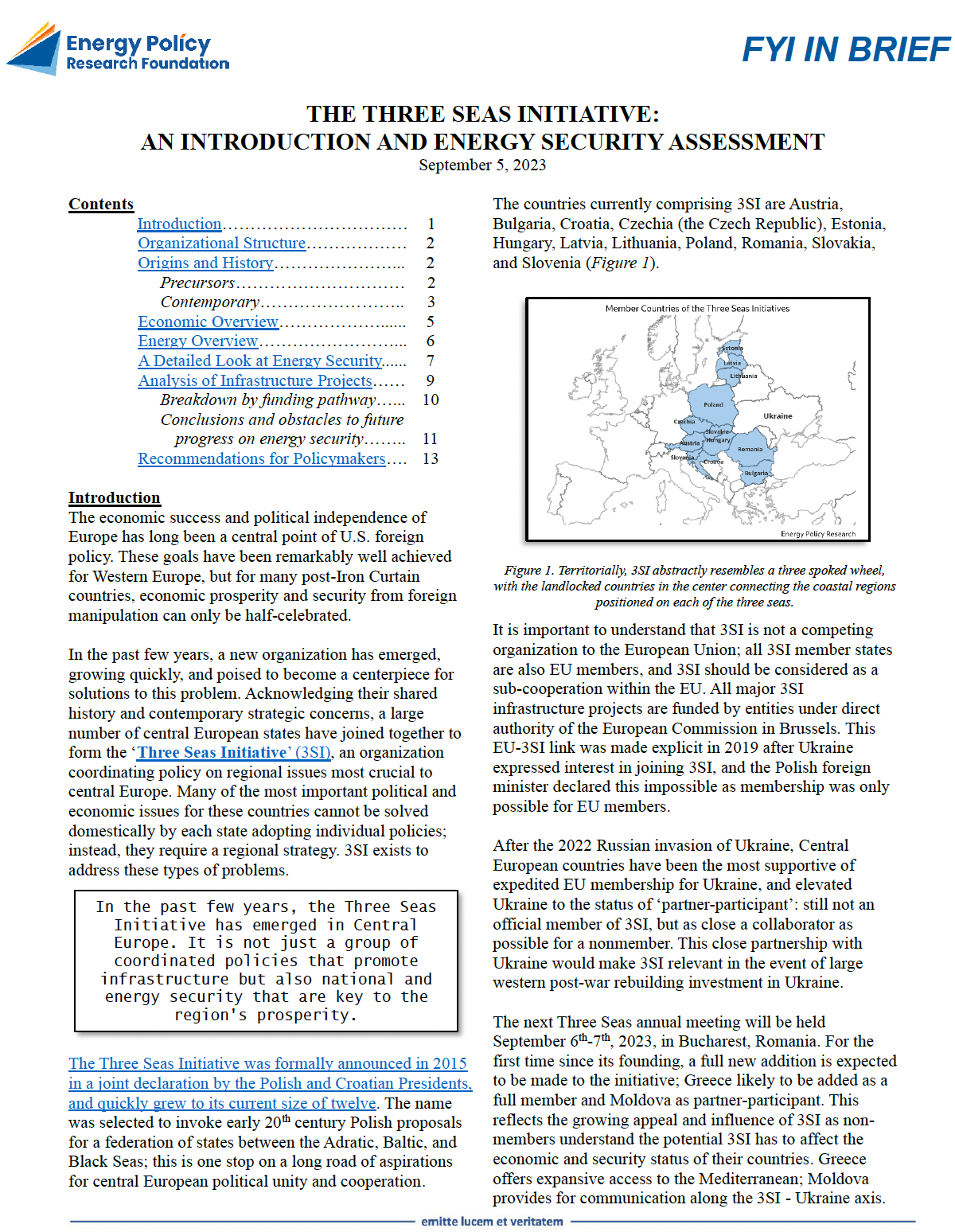
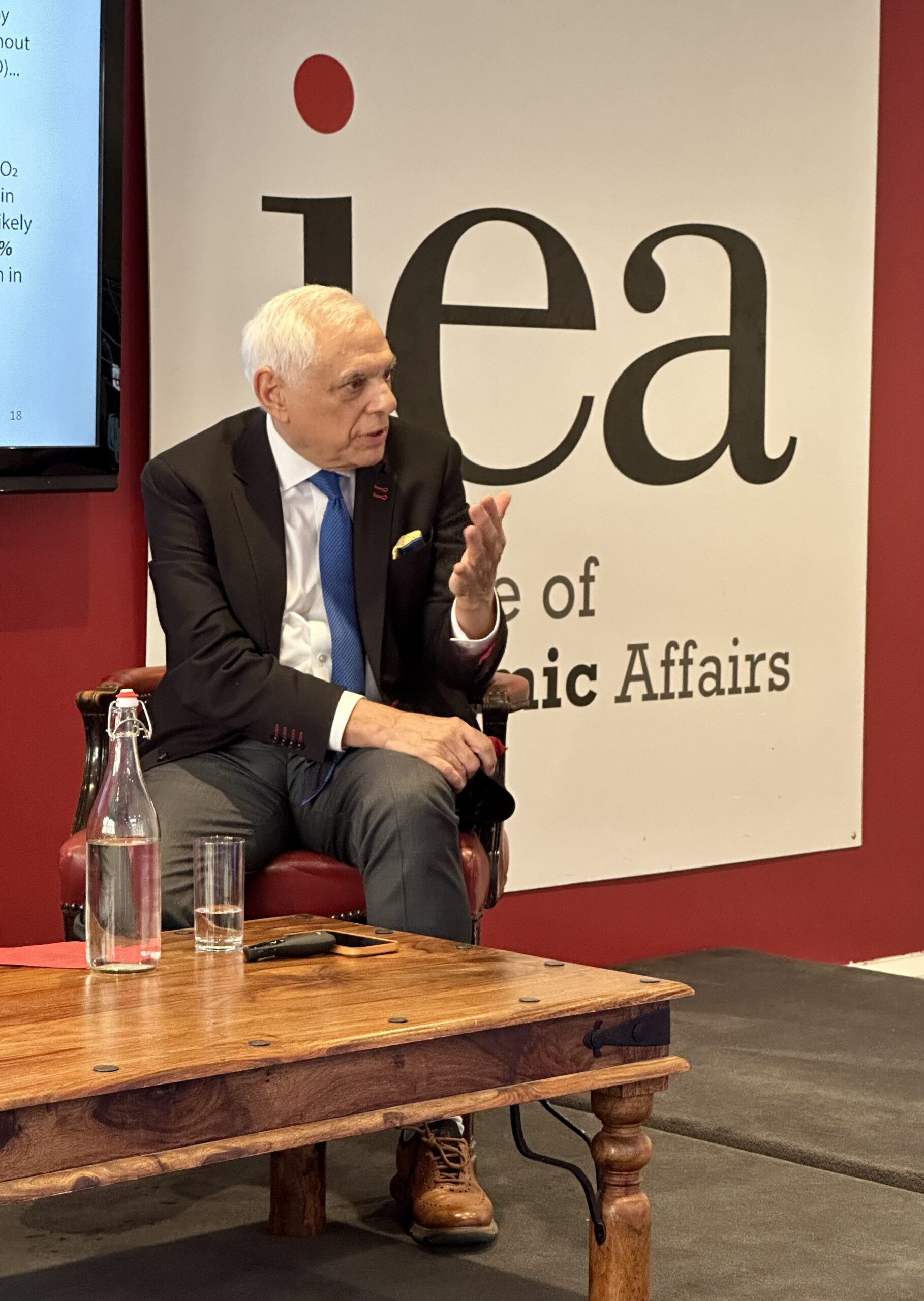
While that pipeline could supply China with a cheaper alternative to liquefied natural gas, Xi’s government remains focused on securing diversity of supply — essentially not repeating the European error of excessive reliance on Russia. And there’s a lot of countries seeking to sell gas at the moment, including the US, Qatar, Australia and Turkmenistan, according to Batt Odgerel, a senior research analyst at the Energy Policy Research Foundation, Inc.
“It’s a buyer’s market for China,” he said. “Unless Russia gives an extremely pleasant offer, China can wait as long as it wants. Additional gas from Russia is not required, especially after the lockdown-induced economic downturn.”

The leadership of the U.S. House Energy & Commerce Committee (E&C) under Chairwoman Cathy McMorris Rodgers are hosting a series of roundtables in order to help establish its agenda for the 118th Congress. Critically, some of these roundtables are focused on Energy. The first one was held on January 10th, 2023 with the theme of “Unaffordable Energy Costs” (the link is here). The second, with the broad theme of Energy Security, took place on Thursday, January 26th, 2023.
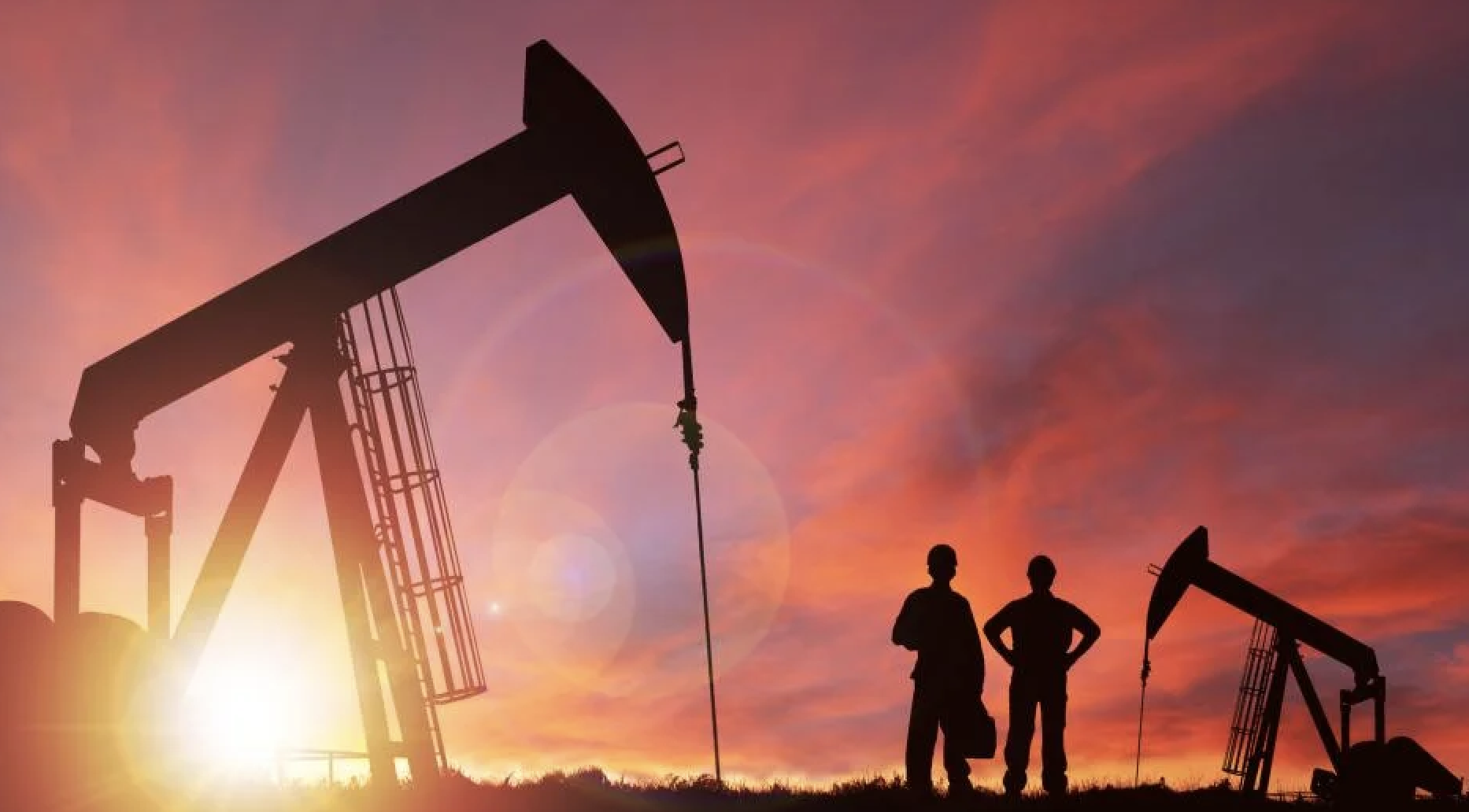
On Wednesday, November 9 at noon, EPRINC President Lucian Pugliaresi and EPRINC Fellow Trisha Curtis participated in a Heritage Foundation panel called “What Will Happen to Energy in the Next Congress?” The panel, hosted by Heritage’s Diana Furchtgott-Roth, was described by Heritage as follows:

In a new video (https://www.youtube.com/watch?v=OrJeb7JfHxY), CPM Group’s Managing Partner Jeffrey Christian discusses some issues regarding European Natural Gas supply that will come as a surprise to many people, including the extent to which Europe’s natural gas supply comes primarily from non-Russian sources, so that Europe is far less dependent on Russia for its natural gas than seems commonly believed.

Members of the Organization of Petroleum Exporting Countries (OPEC) have recently made the decision with other oil producers (OPEC+) to slash production by 2 million barrels a day. The move—seen as led by Saudi Arabia and Russia—immediately sent oil prices higher, defies entreaties by the Biden administration for production increases to ease inflation and stabilize the global economy, and could provide a vital cash lifeline to Vladimir Putin’s war efforts in Ukraine.
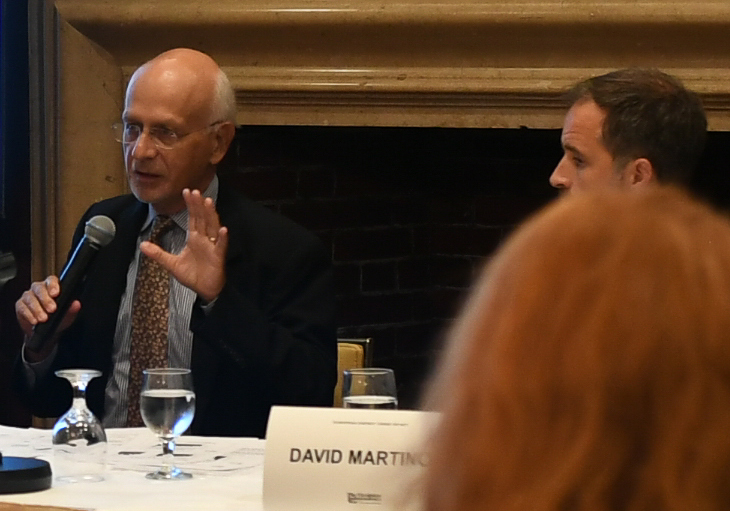
Established to provide a strong intellectual foundation for Ukraine’s economy, the Kyiv School of Economics (KSE) was founded in Kyiv Ukraine in 1996 under the auspices of the Economics Education and Research Consortium and the Eurasia Foundation. Over the years, several hundred students have matriculated and graduated from the school, and it has established a joint degree affiliation with the University of Houston. The school’s current president is Tymofiy Mylovanov, a PhD graduate of the University of Wisconsin, as well as an Associate Professor of Economics at the University of Pittsburgh.
© Energy Policy Research Foundation | 25 Massachusetts Ave NW, Suite 500P (Mailbox 14), Washington, DC 20001 | (202) 944-3339 (Phone) | (202) 364-5316 (fax) | info@eprinc.org
Design & Development by Red Clay Creative